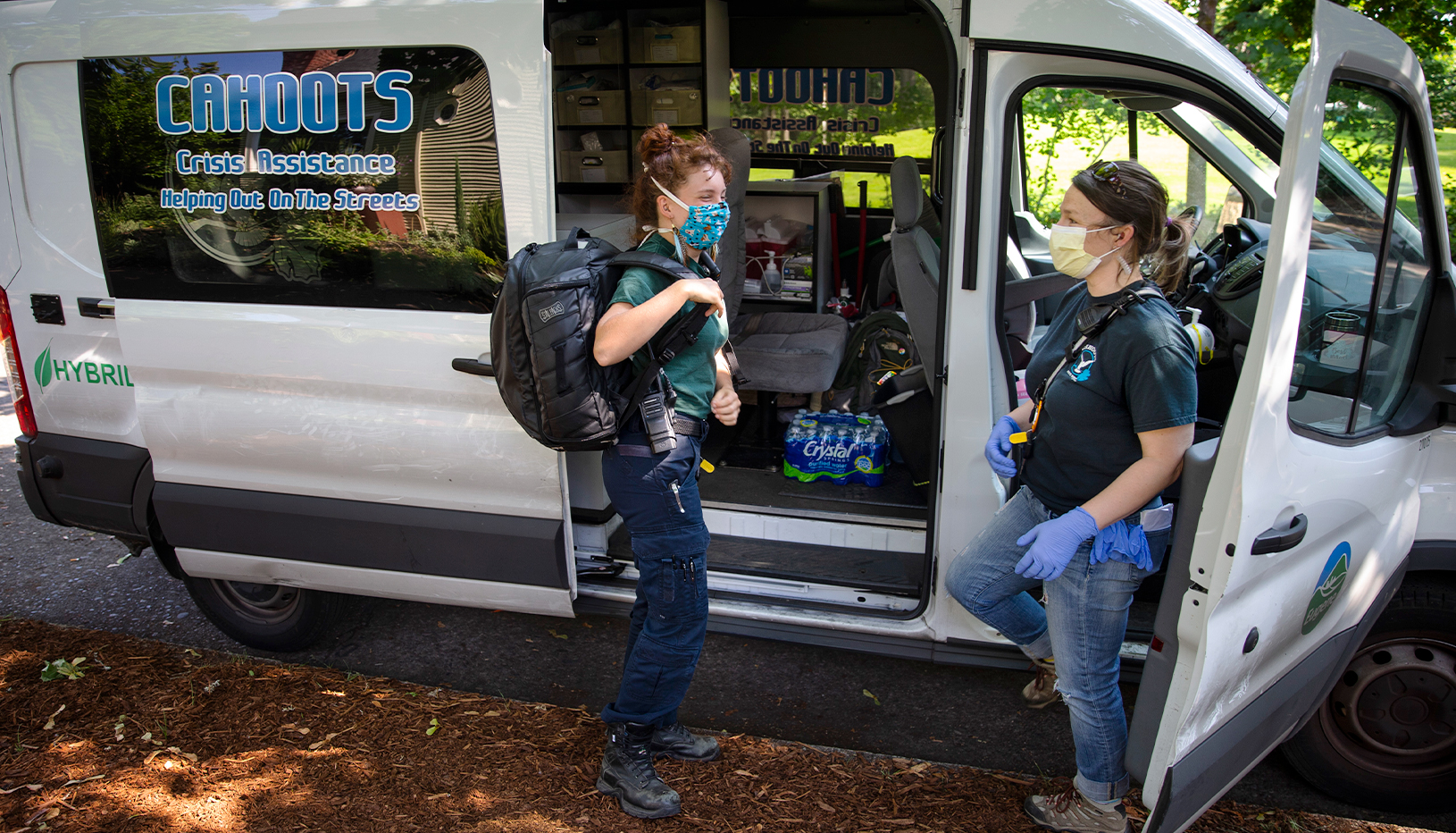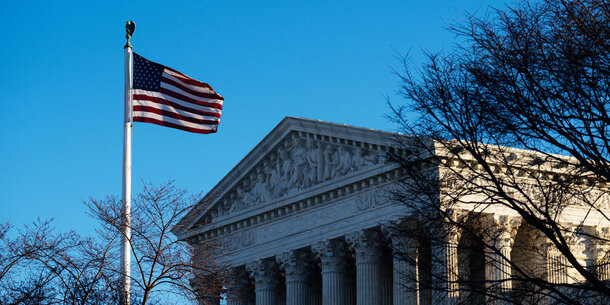Last week, Tyre Nichols became the latest Black man to die at the hands of a brutal police force. We recoil in horror at the video evidence, which documented the inexplicable and absolutely unjustifiable actions of the police.
It is now three years since the murder of George Floyd and nine years after the killing of Eric Garner. How could these officers act with such vicious nonchalance, knowing they were on video — knowing they themselves were videotaping their actions?
This is not the first reported incident of police violence in Memphis. The city instituted reforms put forward by activists. Yet those changes haven’t been enough to overcome the weight of the department’s history and practice. And all the while, violence cascaded, with Memphis now having among the nation’s highest rates of murder and other crimes.
All this makes clear again that policing in the United States urgently needs change. American police get far less training than their counterparts in other countries. They are charged with substituting for broken or nonexistent social service and mental health systems. Increasingly, they are organized in a quasi-military style, taught to view their mission as patrolling enemy territory rather than protecting communities.
The people of Memphis, like so many other cities, have not demanded less police protection — they insist on better policing and the respectful protection taken for granted in so many communities. Public safety and justice must go hand in hand.
As we’ve said before, this challenge demands national action. The House passed the George Floyd Justice in Policing Act in 2020 and 2021. Yet the Senate has failed to pass it. The bill includes national use-of-force standards. It also includes a national registry of police misconduct to prevent problematic officers who leave one agency from moving to another jurisdiction without any accountability. The bill would end no-knock warrants, which endanger the public far more than they protect it, and it would withhold federal funds from agencies that do not prohibit the use of chokeholds. It would limit the transfer of military-grade equipment to state and local law enforcement, and it would strengthen the Justice Department’s authority to pursue abuse.
Federal funds, too, could encourage cities, counties, and agencies to rethink how they deploy law enforcement and deliver public safety. Policies can limit police discretion and duties during traffic stops while increasing the use of non–law enforcement personnel to respond to nonviolent incidents. (Studies show that Black and Latino drivers are stopped and searched at much higher rates than white drivers, even though they drive less.)
Yet these reforms alone won’t change the dominant culture of policing. We must reshape the incentive structure that drives the use of discretion toward violent ends, too often against people of color. When officers abuse their power, there must be swift and certain accountability.
Otherwise, years from now, we will find ourselves watching a new video, asking the same questions, and mourning yet another Tyre Nichols.




